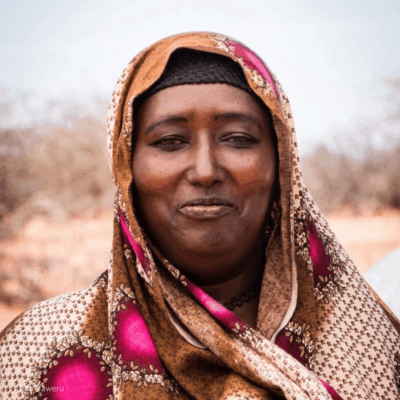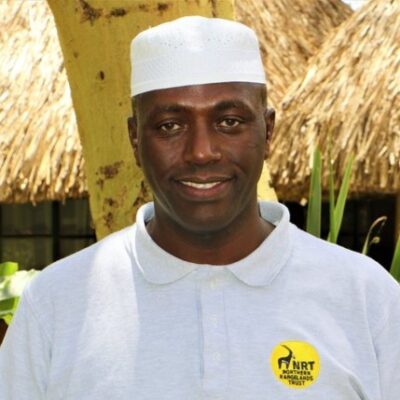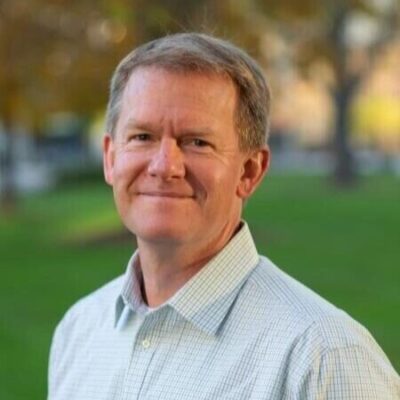Listeners:
Top listeners:
-
 play_arrow
play_arrow
118 | Kenyan Herders Say Judgement Against Them Based on Forged Signatures / Continuation of Episode 117
-
 play_arrow
play_arrow
117 | Surviving Survival Internatinal, Part 1: Kenyan Elders Call Foul on International Media, NGOs
-
 play_arrow
play_arrow
116 | From Ticking Time Bomb to Demographic Dividend: James Mwangi and Kenya's Great Carbon Valley
-
 play_arrow
play_arrow
115 | Unpacking Donald Trump's Very Weird Environmental Orders
-
 play_arrow
play_arrow
114 | Michael Greene: Carbon Cowboy or Lone Ranger? Part 1
-
 play_arrow
play_arrow
113 | The Future of Environmental Finance: Strategies for Biodiversity and Climate Solutions, with David Hill and George Kelly
-
 play_arrow
play_arrow
112 | Fantasy Football and Dynamic Baselines: New Tools for Impact Assessment
-
 play_arrow
play_arrow
111 | The False Dichotomy Between Reductions and Removals (Rerun)
-
 play_arrow
play_arrow
110| Ecological Economics, Systems Thinking, and the Limits to Growth
-
 play_arrow
play_arrow
109 | How Brazil's Quilombola Communities are Planting the Seeds of Sustainability for Small Farms Around the World, with Vasco van Roosmalen of ReSeed
Transcript
Our show today starts with two French communes — namely, Contrexéville and Vittel — because these two have some of the cleanest, purest water in all of Europe, but they also almost didn’t.
Up until 1992, the farms here — like those across Europe and around the world — had been dribbling pesticide and cow poop into the water, while home-owners and businessmen had been doing the same for crude oil and other pollutants.
But then the communes undertook a massive environmental overhaul.
Farmers started getting rid of their cows and weaning themselves off of pesticides by rotating their crops in ways that didn’t give bugs a chance. Home-owners and businesses started digging up their oil tanks and replacing them with natural gas installations. Today, more than 90 percent of the land in both communes is under some sort of environmental protection.
But this overhaul wasn’t led by environmental regulators. It was led by a private company with a very clear incentive.
The company was Swiss food giant — and perpetual water bad boy — Nestlé, and its incentive was the fact that its lucrative Vittel, Contrex and épar mineral waters were only lucrative because they’re certified as “natural”. To keep that certification, they had to clean up the rivers that feed the aquifer that in turn feeds the springs that the waters gurgle up from.
The stakes were high enough – and the incentive strong enough – that Nestlé created a separate consultancy called Agrivair and spent more than €24.5 million throughout the 1990s “to design a system to either compensate farmers for their change in practice, or acquire the land and lease it for free under conditions targeting groundwater protection,” according to a new report called “State of European Markets 2017: Watershed Investments”.
The report is one of three market outlooks that the Forest Trends initiative Ecosystem Marketplace created to support a cluster of new online university courses launched by green businesses accelerator ECOSTAR to help organic farmers, watershed managers and other “green entrepreneurs” better understand the business elements of their respective missions. The ecosystem services e-learning course will run from October to December, and the application deadline is September, 30th. You can learn more at ecostarhub.com/e-learning-course.
The Agrivair project still pays farmers an average of €200 per hectare to keep things green, and it’s one of more than a dozen “payments for ecosystem services” (PES) programs highlighted in the three reports. Lead author Genevieve Bennett, a Senior Associate at Ecosystem Marketplace, says the project illustrates the ability of companies to provide resources when properly incentivized. She adds, however, that private and public interests rarely line up so neatly, and that such projects work best within a well-structured regulatory environment.
“You don’t really want a private company taking a lead on decisions about water resources management in your basin,” she says in an extensive, 45-minute interview that will run on episode 19 of the Bionic Planet podcast, which is set to be posted on Monday, 17 July. “That’s a public issue…but where there is a seat for the private sector at the table is contributing resources: if you’re a beverage company and you’re concerned about clean water and you want to kick in some funding to help pay for that…that’s a positive thing.”
Episodes
117 | Surviving Survival Internatinal, Part 1: Kenyan Elders Call Foul on International Media, NGOs
April 13, 2025
116 | From Ticking Time Bomb to Demographic Dividend: James Mwangi and Kenya’s Great Carbon Valley
February 25, 2025
115 | Unpacking Donald Trump’s Very Weird Environmental Orders
January 27, 2025
114 | Michael Greene: Carbon Cowboy or Lone Ranger? Part 1
December 6, 2024





